Premium Only Content
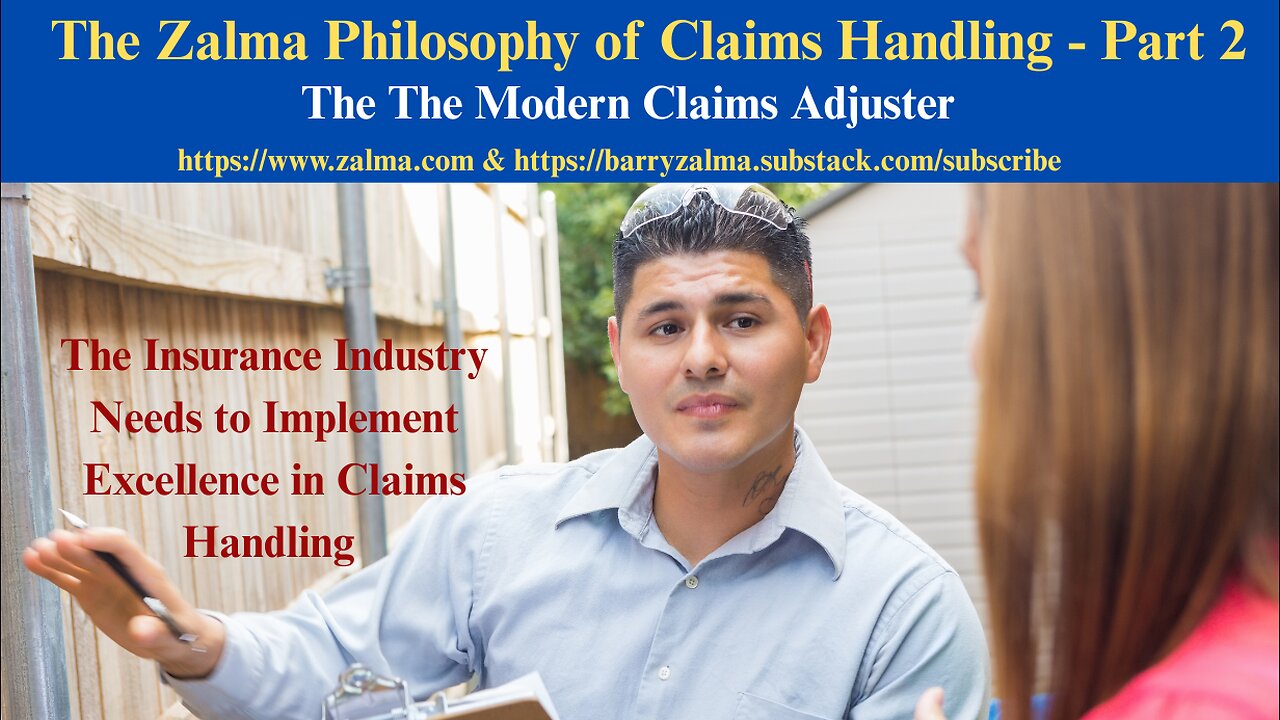
The Zalma Philosophy of Claims Handling - Part 2
The Modern Claims Adjuster
Post 5211
This is a change from my normal blog postings. It is my attempt, in more than one post, to explain the need for professional claims representatives who comply with the basic custom and practice of the insurance industry.
This statement of my philosophy on claims handling starts with my history as a claims adjuster, insurance defense and coverage lawyer and insurance claims handling expert.
Adjusters After the Turn of the Century
I don't see adjusters operating today like I, and my colleagues. were back in the late 1960's early 1970's. The basics of claims handling I was taught seemed to be ignored until the states, like California, found it necessary to reiterate the custom and practice I applied when I was an adjuster, with the California Fair Claims Settlement Practices Regulations (the Regulations) that set minimum standards for claims handling. The Regulations are less detailed and not as extensive as was required of me working as a staff adjuster applying the standard custom and practice.
When I read the files of the current crop of adjusters and General Adjusters I find they fail to even fulfill the minimum standards set by the Regulations. Rather than what my supervisors from 1967 -1972 required of me, the minimum standards are often ignored.
What I often see in modern claims files is evidence that the adjuster did little or no investigation, seldom take a thorough recorded statement of the insured, if there is an inspection of the insured's property, it is cursory and inadequate and the adjuster was unable to evaluate, negotiate or resolve a claim.
The Custom and Practice of Basic Insurance Claims Handling
Before the establishment of the Regulations in California and many other states, the custom and practice of claim adjusters were imposed by professional insurers on their employed claims handlers regardless of the complexity or extent of a loss, they required their adjusters to:
Read and understand the notice of loss where the insured reports a loss, its location, and who to contact about the loss.
Verify the existence of a policy issued by the insurer covering the risks of loss that are the subject of the loss;
Ascertain that the adjuster has a complete copy of the policy including all endorsements attached to the policy;
Read and analyze the policy as its terms apply to the facts of the claimed loss;
Ascertain the coverages available, the limits of liability, and any potentially relevant exclusions, limitations or conditions;
Immediately advise the insured of the coverages provided by the policy and what is not covered by the policy;
Confirm that the person who submitted, or had submitted on his, her or its behalf, a loss notice is an insured of a policy in force and effect at the time of loss by the insurer he or she represents;
Determine whether coverage applies to the loss reported as soon as possible and advise the insured of the conclusion in writing;
If there is any uncertainty regarding the applicability of the policy or its exclusions to the loss, immediately advise the insured of the issue and inform the insured that the insurer reserves its right to assert specifically identified conditions, limitations, or exclusions that might cause the insurer to reject the claim and seek the assistance of the insured to resolve the issues;
Seek the assistance of the insured, in writing, to obtain documents, at a place and time specified;
Seek the assistance of the insured, in writing, to identify witnesses or knowledgeable persons, or facts that will assist the adjuster to complete a thorough investigation and resolve any potential lack of coverage; and
Negotiate with the insured or a claimant fairly and in good faith promptly and professionally, resolve the claim to the satisfaction of the insured and the insurer.
This short list of some of the custom and practice of insurance claims adjusters when faced with a claim by the insured to determine whether he, she or it are entitled to indemnity or to defense of a third party suit. The Regulations adopted a kind and easy to comply set of minimum standards.
Part Three of The Zalma Philosophy of Claims Handling will deal what is required by the Regulations that have codified the custom and practice of the insurance claims industry.
(c) 2025 Barry Zalma & ClaimSchool, Inc.
Please tell your friends and colleagues about this blog and the videos and let them subscribe to the blog and the videos.
Subscribe to my substack at https://barryzalma.substack.com/subscribe
Go to X @bzalma; Go to Barry Zalma videos at Rumble.com at https://rumble.com/account/content?type=all; Go to Barry Zalma on YouTube- https://www.youtube.com/channel/UCysiZklEtxZsSF9DfC0Expg; Go to the InsuranceClaims Library – https://lnkd.in/gwEYk.
The Insurance Industry Needs to Implement Excellence in Claims Handling or Fail
-
 7:10
7:10
Insurance Law
21 days agoGuilty of Arson & Fraud on Public
1031 -
 12:05
12:05
Clintonjaws
4 hours ago $0.01 earnedPortland ICE Rioters Getting Arrested - This Is Priceless!
2.92K2 -
 2:25:56
2:25:56
Steven Crowder
4 hours agoCandace Just Claimed Trump Killed Charlie
311K356 -
 LIVE
LIVE
Robert Gouveia
2 hours agoNewsom Crushed AGAIN!! NBA Arrests! NEW Pipe Bomber Info! Melania SUED!
488 watching -
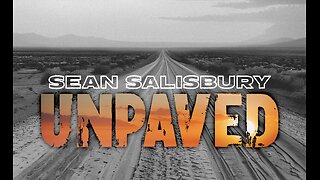 LIVE
LIVE
Sean Unpaved
1 hour agoHoops & Handcuffs: FBI's Mafia Takedown in NBA Betting Scandal
91 watching -
 LIVE
LIVE
Side Scrollers Podcast
1 hour ago🔴FIRST EVER RUMBLE SUB-A-THON🔴DAY 4🔴WAKE YOUR ASS UP!
910 watching -
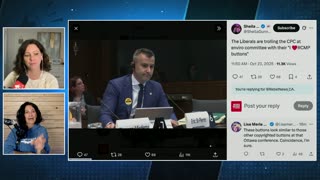 LIVE
LIVE
Rebel News
1 hour agoCarney's lacklustre speech, Libs partner with China, How many illegals in Canada? | Rebel Roundup
251 watching -
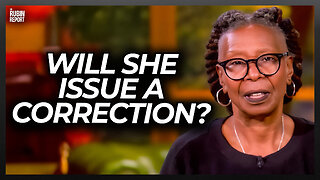 41:55
41:55
The Rubin Report
3 hours agoListen to ‘The View’ Crowd Gasp as Whoopi Lies to Their Faces
84.2K37 -
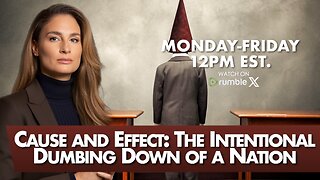 LIVE
LIVE
The Mel K Show
2 hours agoMORNINGS WITH MEL K - Cause and Effect: The Intentional Dumbing Down of a Nation - 10-23-25
757 watching -
 LIVE
LIVE
ReAnimateHer
1 day agoFIRST Live Stream Rusty Hookin
21 watching